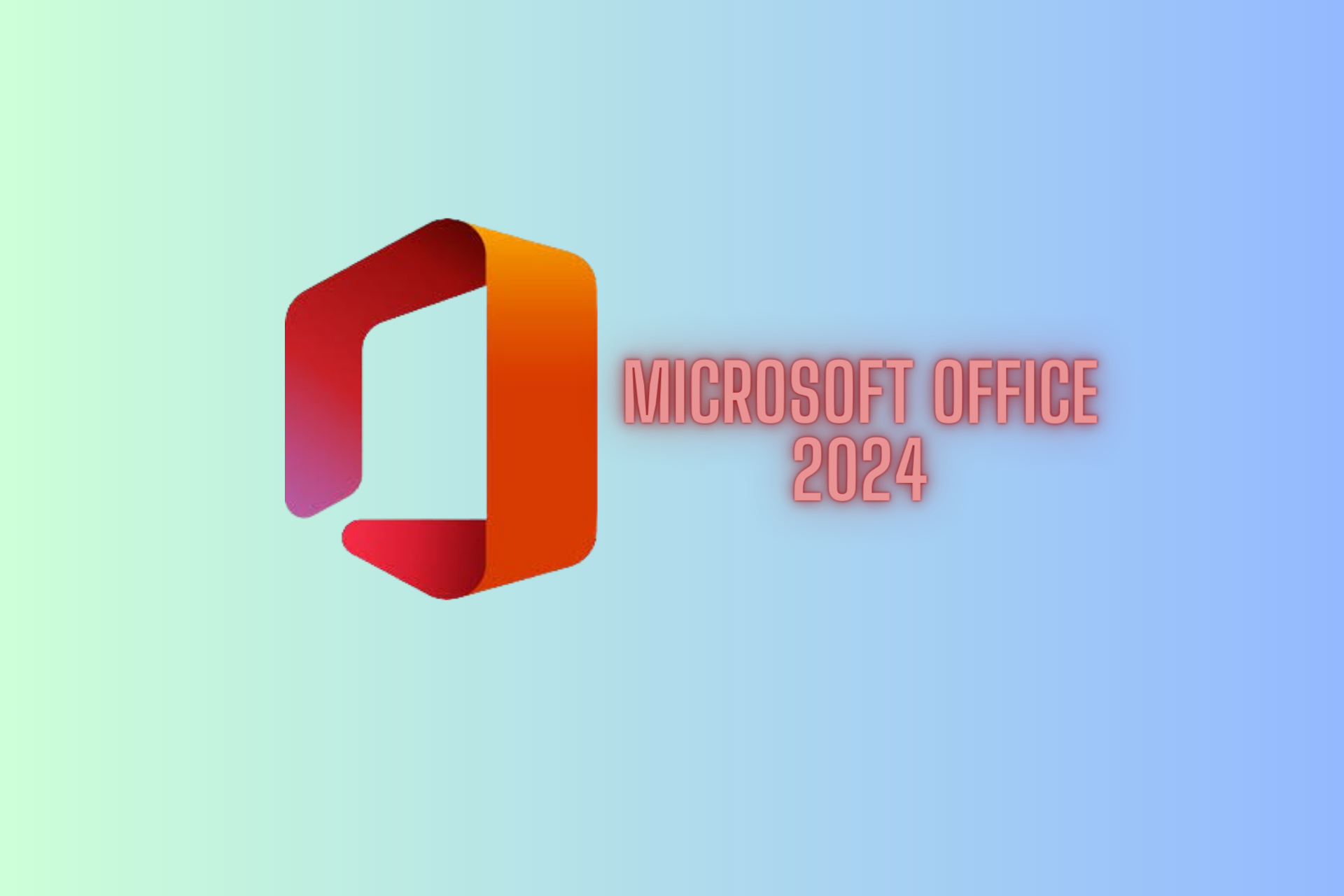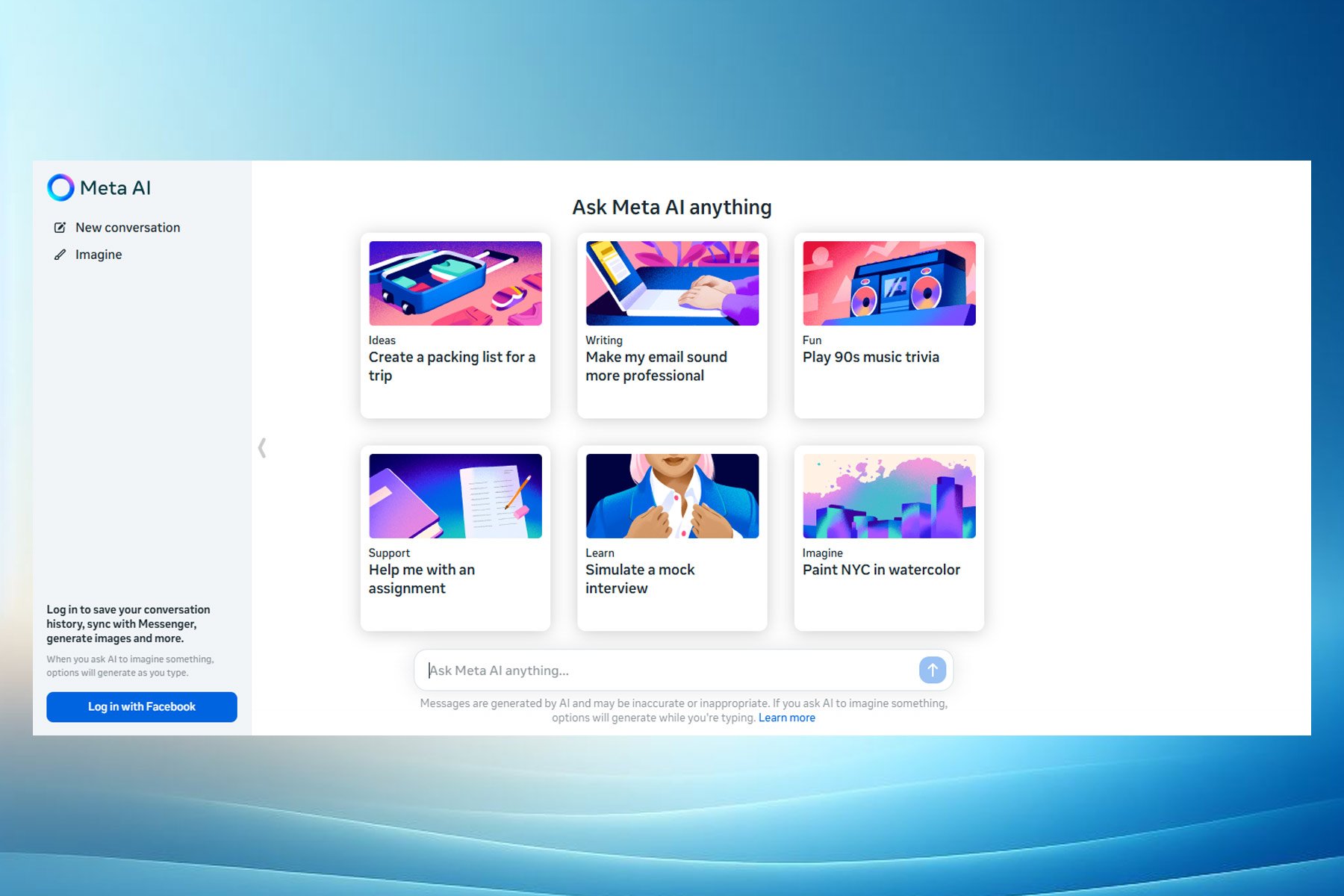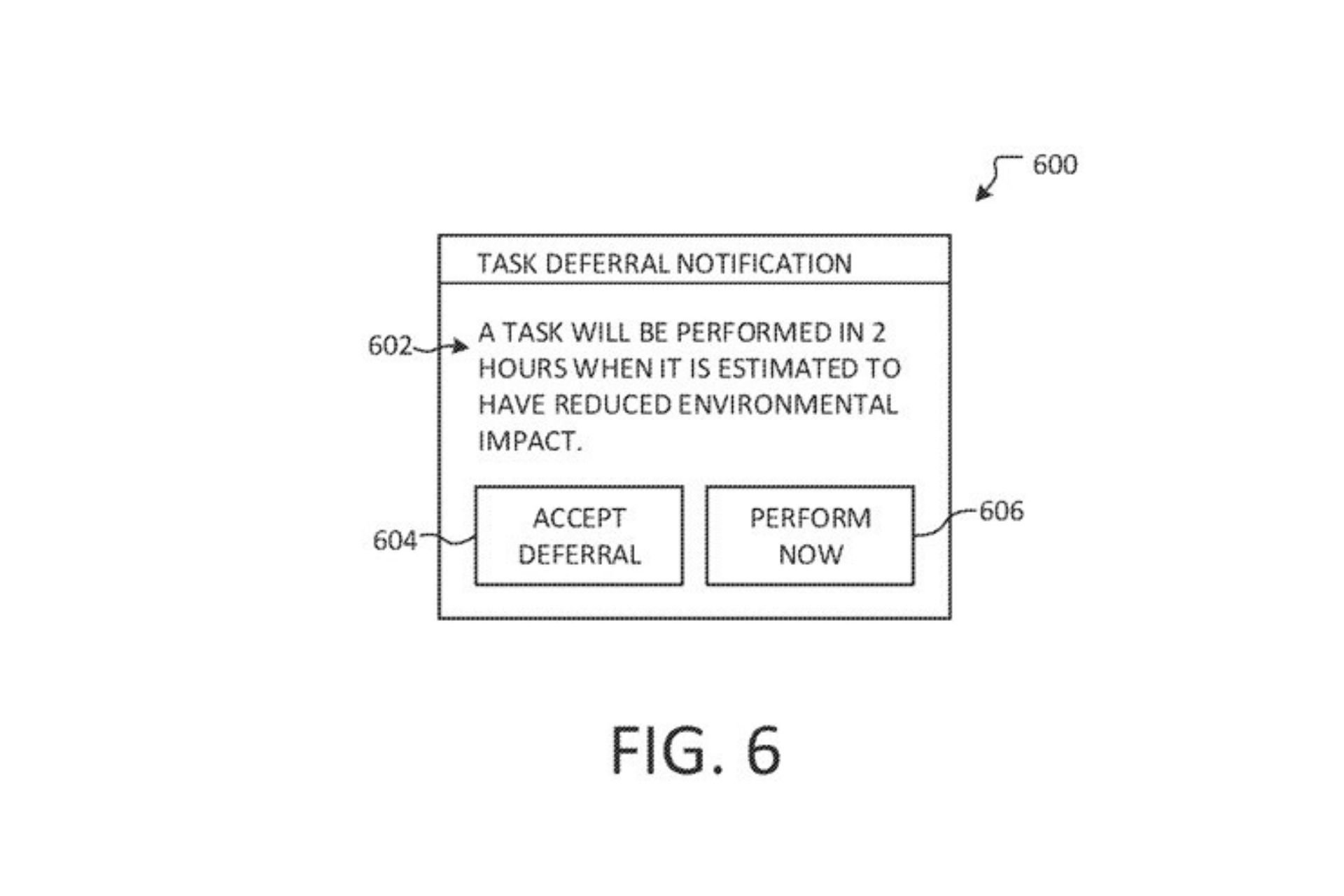Microsoft is retiring certain Azure facial recognition features
2 min. read
Updated on
Read our disclosure page to find out how can you help Windows Report sustain the editorial team Read more
Key notes
- In a recent blog post, Microsoft made some petty interesting promises to users.
- The company will soon start phasing out some Azure facial recognition features.
- Microsoft also told its users it plans to take a more responsible approach to AI.

About 10 years ago we were all craving more advanced and futuristic technology, and here we are a decade later, benefiting from cutting-edge, alien-like gadgets and software.
However, and this is for all you Terminator fans out there, there comes a point when researchers and developers get a bit overwhelmed by what they created.
No, we’re not talking about Skynet and the impending robot uprising, but about facial recognition and how far this technology has come.
In fact, Microsoft is eliminating public access to some AI-powered facial analysis tools, specifically one that claims to identify a subject’s emotion from videos and pictures.
Microsoft vouches to take a more responsible approach to AI
There’s no denying the fact that this type of emotion recognition tools have been harshly criticized by experts throughout the years.
The tech giant says it’s taking a responsible approach to artificial intelligence, meaning that it focuses on keeping people and their goals at the center of decisions relating to design.
Microsoft has to balance respecting enduring values like fairness, reliability and safety, privacy and security, inclusiveness, transparency, and accountability.
This recent decision to block access to some of the facial recognition features has thus been taken, in order to check all of the above-mentioned marks.
So, all new users that sign up to use the framework will no longer have access to these detection features, while existing customers will lose access after June 30th, 2023.
Redmond officials also stated that better, more equitable futures will require new guardrails for AI, to avoid unpleasant situations.
Microsoft’s Responsible AI Standard is one contribution toward this goal, and the company already has all of its engines running.
There was also talk of a commitment to being a lot more open, honest, and transparent in its efforts to make meaningful progress.
What is your opinion on this entire situation? Share your thoughts with us in the comments section below.









